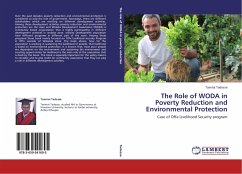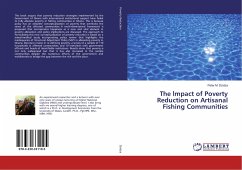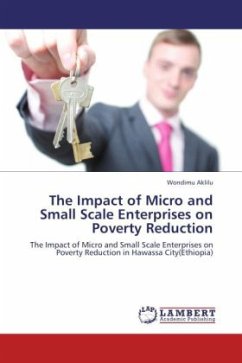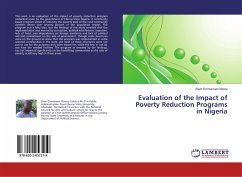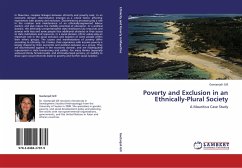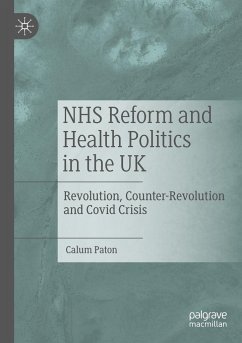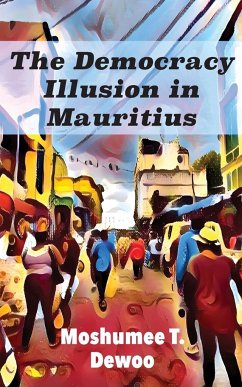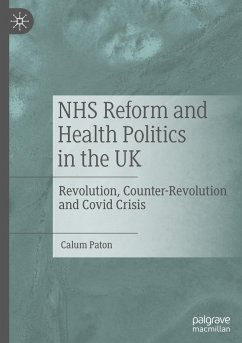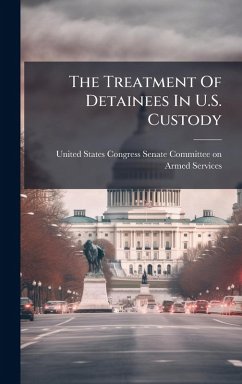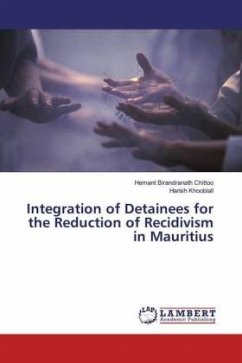
Integration of Detainees for the Reduction of Recidivism in Mauritius
Versandkostenfrei!
Versandfertig in 6-10 Tagen
38,99 €
inkl. MwSt.

PAYBACK Punkte
19 °P sammeln!
Incarceration from the retributive rationale can be viewed as the justification for punishment that proposes that society has a right to punish, as long as it is done lawfully and proportionally to the wrong committed by the offender against components of society. Consequently, the medium of incarceration: the prison is the custodian of the offender, in the process of incapacitation which can be understood as a state of incapacity or being unable to be fully active or free. Moreover, over the years, prisons have been vested with a number of missions for the offender amongst which: rehabilitati...
Incarceration from the retributive rationale can be viewed as the justification for punishment that proposes that society has a right to punish, as long as it is done lawfully and proportionally to the wrong committed by the offender against components of society. Consequently, the medium of incarceration: the prison is the custodian of the offender, in the process of incapacitation which can be understood as a state of incapacity or being unable to be fully active or free. Moreover, over the years, prisons have been vested with a number of missions for the offender amongst which: rehabilitation. Rehabilitation, in the case of incarceration can simply be defined as the process of inducing internal change in the offender by external agents for behavior no longer prone towards offending. However, in Mauritius as elsewhere, a phenomenon known as recidivism occurs after incarceration. Recidivism can be defined as repetitious criminal activity, and a recidivist offender is an individual who engages in such activity. Each year, a large number of people, in our present case especially adult males are released from prisons.



